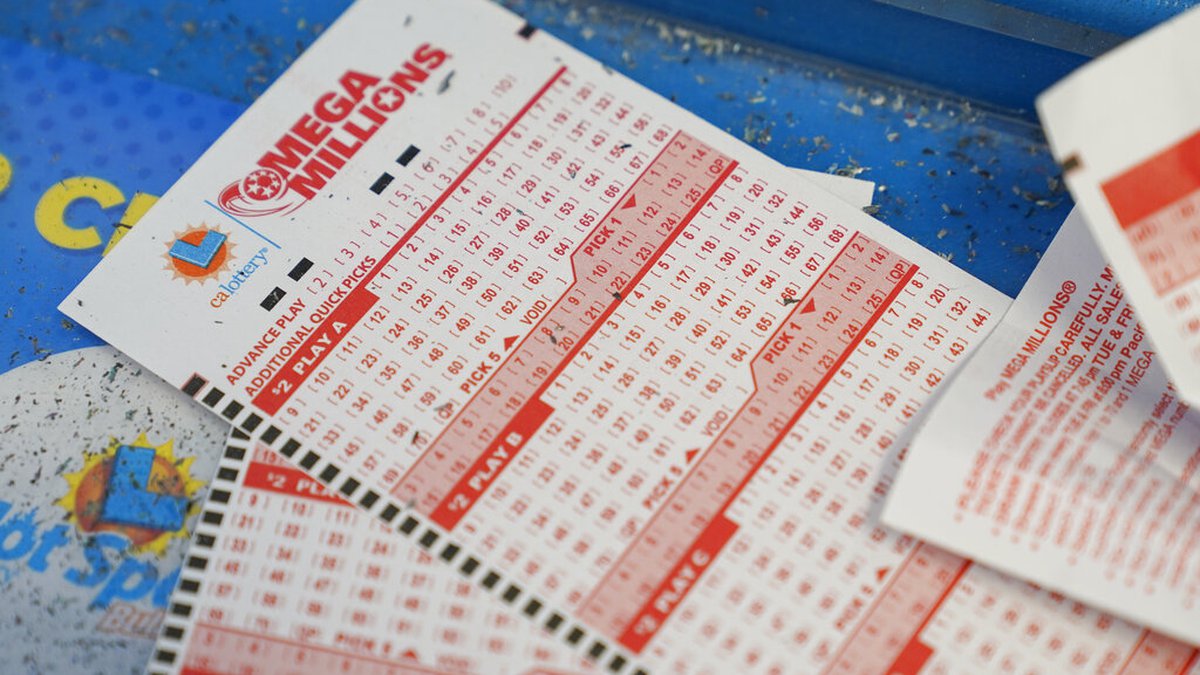
The lottery is a game of chance in which people pay money to have numbers drawn. The winning numbers are then used to win prizes.
It is a popular pengeluaran sgp method of raising money for a variety of causes, including charities, sports teams, government projects and religious institutions. It is a form of gambling and can be addictive, especially for those who lose a lot of money in a short amount of time.
There is a wide variety of lottery games, each with its own rules and odds. Some are instant-win scratch-off games and some require players to pick three or four numbers.
Most states and the District of Columbia run their own lotteries. These lottery divisions regulate the sale of tickets, train retailers to sell them and use machines to draw numbers, pay high-tier prizes and ensure that tickets are redeemed in a timely manner.
Some state lotteries also offer a variety of different games, including instant-win scratch-off games and daily games. Many of these games involve picking six or more numbers.
In addition to being a way of raising money, lottery games can be entertaining. Some people enjoy playing them as a way to spend their free time, or they may play them as a way to try and improve their chances of winning a prize.
The popularity of lotteries can be traced back to ancient times. The Chinese Han Dynasty between 205 and 187 BC, for example, used keno to raise money for public projects.
Lotteries were criticized in the late 18th century for being a form of tax and were outlawed in France, but they were revived in the United States after the American Revolution. They helped fund roads, churches, libraries, colleges, canals, bridges, fortifications and other public works.
However, the popularity of lottery games was not always a positive thing for those who played them. They were often a form of gambling and could lead to a serious decline in the quality of life for those who won big.
There have been several cases where lottery winners have suffered financial ruin, which can be devastating for them and their families. In addition, it has been found that those who win a large sum of money are more likely to become addicted to gambling than those who do not.
Those who win a large sum of money may find themselves in a situation where they need to save up for a long time to get their finances back on track. They also have a tendency to lose a great deal of their winnings in a very short amount of time, which can result in a serious drop in the quality of their lives.
In addition, there have been several cases where lottery winners have made major mistakes when it comes to managing their wealth. This can cause a decline in their quality of life and can even lead to bankruptcy or other severe financial problems. This is why it is important to understand how lottery games work and how to manage your money correctly before you start playing.